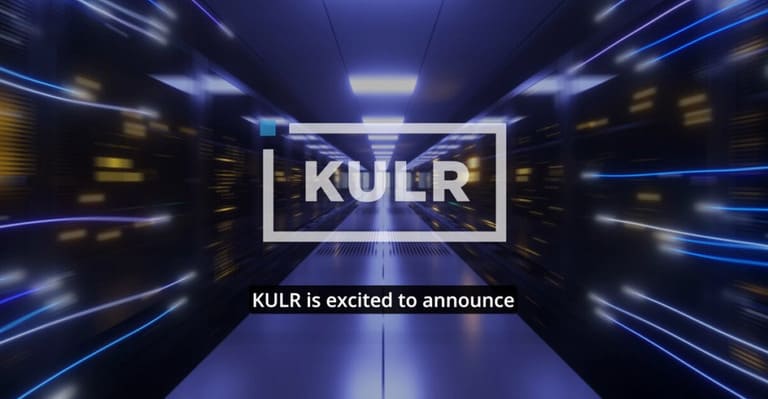TL;DR
- KULR increased its revenue by 40% year-over-year and added $250,000 from bitcoin mining in its first quarter of 2025.
- It raised its bitcoin holdings to 716.2 BTC, with an unrealized gain of $5.4 million and a 197% return since January.
- The company launched a supply chain traceability system on the Base blockchain and signed deals in robotics, space mining, and battery tech for lunar missions.
KULR Technology reported strong results for the first quarter of 2025 and unveiled several strategic projects. Its revenue climbed 40% year-over-year, rising from $1.75 million to $2.45 million, driven by an 89% increase in product sales. However, the adjustment in the value of its bitcoin holdings pushed net losses to $18.81 million, compared to $5 million in the same period last year.
The company continues to expand its cryptocurrency reserves, now holding 716.2 BTC valued at around $74.4 million. That figure was reached after an additional $4 million purchase at an average price of $94,403 per bitcoin. This portfolio records an unrealized gain of $5.4 million and a 197% BTC return since January, based on a metric comparing bitcoin’s growth with diluted shares. KULR also generated $250,000 in bitcoin mining revenue, marking its first earnings in this line of business.
At the same time, the company launched a blockchain-based supply chain tracking system. Each batch of batteries and related products will generate a non-fungible token on Coinbase’s Base network. This digital record will ensure traceability of quality testing and simplify property transfers between customers.

KULR: Blockchain, Robotics, and the Space Industry
KULR is also strengthening its presence in the space industry. It received a $6.7 million grant from the Texas Space Commission to develop batteries capable of operating at –60 °C for lunar and Martian missions. Its Webster, Texas facility will serve as a testing and validation hub in collaboration with NASA’s Johnson Space Center. Additionally, the company partnered with AstroForge to develop a 500 Wh battery pack based on its KULR ONE Space platform for asteroid resource extraction missions.
In the robotics sector, KULR signed a partnership with German Bionic to distribute Apogee ULTRA exoskeletons in the U.S. These devices aim to reduce physical strain for workers in logistics, manufacturing, and healthcare, with plans to produce future generations of exoskeletons domestically.
Finally, KULR will consolidate its operations in Texas, opting not to renew its San Diego headquarters lease, and recently sold its NASA-certified M35A cells to a major aerospace contractor.

